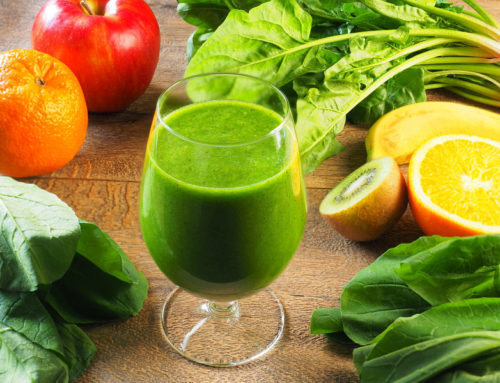Share This Story!
Brain Boosters or Just a Bust?
Busy schedules, lack of sleep, and other poor lifestyle habits can all have detrimental effects on brain function over time. How effective are diet changes at enhancing and optimizing brain health, and can certain foods provide a cognitive boost? Here are 6 superfoods that the evidence suggests are worth trying.
1. Salmon
Essential fatty acids like omega-3s are necessary for neuron structure and function and must be obtained through diet. Salmon is an excellent source of some of the most effective omega-3s. Evidence has shown that people who consume foods with high levels of fatty acids, like salmon, have increased blood flow to the brain. Studies have also demonstrated that high omega-3 intake correlates with improved cognition.
2. Coffee and tea
Studies have established that caffeine can provide an increase in concentration, but new research is showing some of the long-term benefits of caffeine consumption. One study demonstrated that participants with higher caffeine intake performed better on cognitive tests. More research found that participants who took a 200mg caffeine tablet had improved memory function the following day.
3. Blueberries
Many studies have shown that the antioxidant compounds in blueberries protect the brain from damage caused by oxidation processes in the body. Clinical trials have also shown that blueberries may help prevent cognitive illnesses like Alzheimer’s disease and dementia. Blueberries decrease inflammation, enhance neural communication, and improve learning and memory function by increasing new connections formed between brain cells.
4. Walnuts
Nuts are a true superfood filled with healthy oil and protein. Specifically, walnuts might have the added benefit of improving brain function. One research study found a correlation between walnut intake and cognitive test scores. Walnuts are also high in alpha-linolenic acid (ALA), a fatty acid that lowers blood pressure and protects blood vessels in the brain.
5. Broccoli
Vitamin K is responsible for the production of a specific type of fat densely packed into neurons. Broccoli contains over 100% of the daily human vitamin K requirement. A few studies in older adults have linked a higher vitamin K intake to better memory. Also, broccoli contains many anti-inflammatory compounds and antioxidants that may help protect the brain against damage.
6. Dark chocolate
Chocolate is a powerful and delicious brain booster. Dark chocolate, in particular, contains high levels of antioxidants, as well as caffeine. Chemical compounds in dark chocolate may also enhance mood by stimulating the release of endorphins. Remember that chocolate is high in sugar and calories, so moderation is essential. Half an ounce is more than enough to experience the benefits.
Try a new superfood
In addition to fitting well within an overall healthful diet, the evidence is clear that several foods can offer long-term cognitive benefits. Try these superfoods, and enjoy the super brain boost. For more information about improving nutrition, speak with a healthcare provider.





